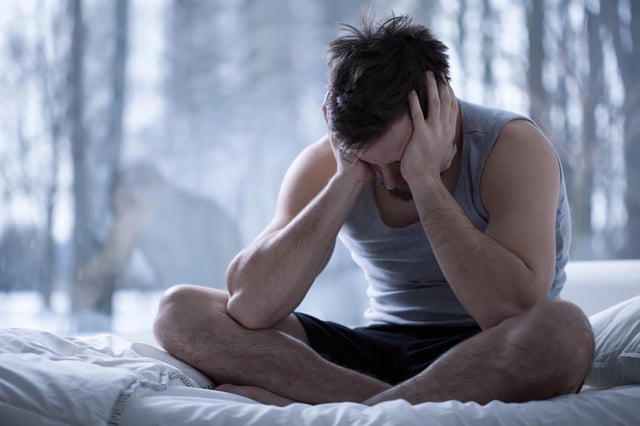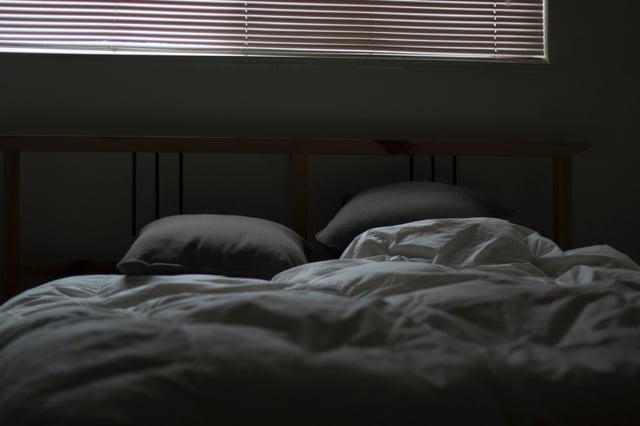Overview
- The eBioMedicine paper from Karolinska Institutet analyzed MRI scans from about 27,500 UK Biobank participants to calculate brain age using machine learning on more than 1,000 imaging features.
- Participants with the poorest sleep profiles had brains that appeared about one year older than their chronological age on average.
- Low-grade systemic inflammation accounted for roughly 10% of the association between unhealthy sleep and older-appearing brains.
- Among individual sleep traits, a late chronotype and abnormal sleep duration were the strongest contributors to faster brain aging in the analysis.
- The findings are observational and based on self-reported sleep in a healthier-than-average cohort, and researchers call for trials to test whether improving sleep can slow brain aging or dementia risk.



